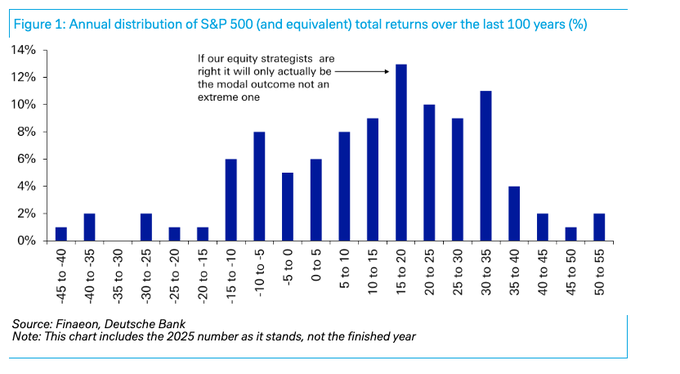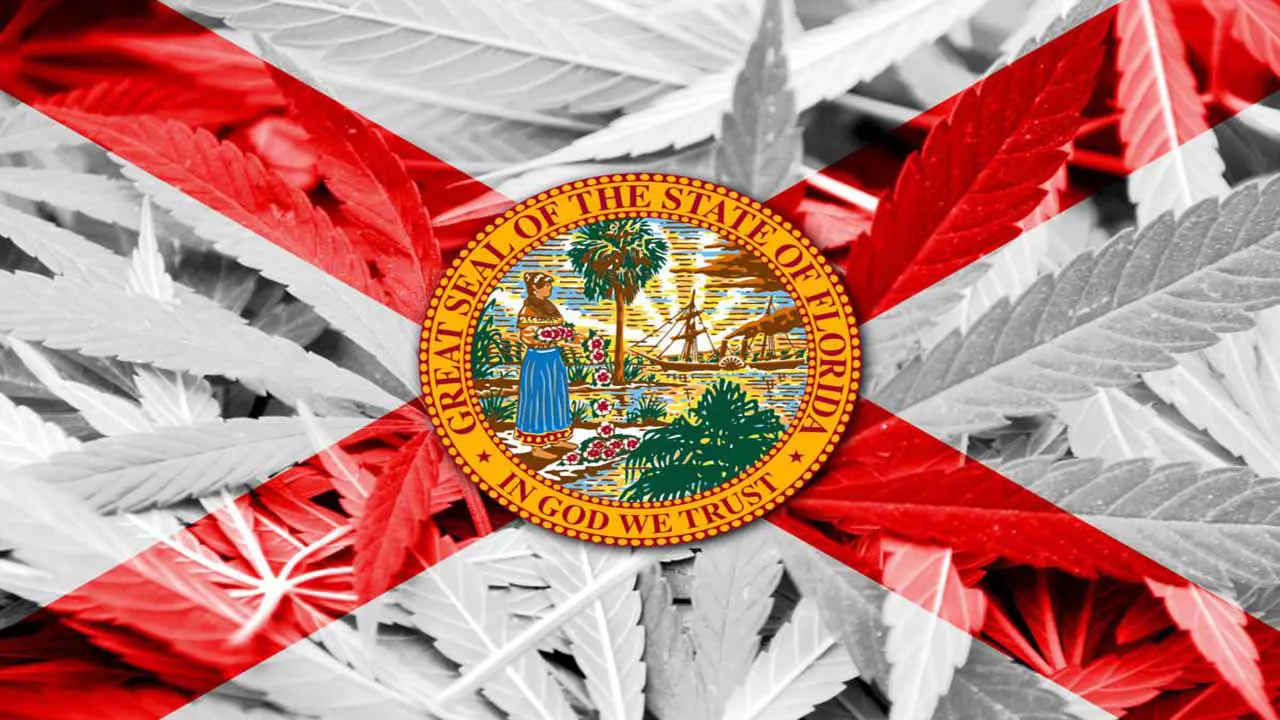BERLIN (Reuters) – Sentiment among German consumers is set to fall in October, as persistently high inflation encourages people to save and blots out the chances of a recovery before the end of the year, a GfK institute survey found on Wednesday.
The institute’s consumer sentiment index fell to -26.5 heading into October from a slightly revised -25.6 in September, below expectations of analysts polled by Reuters of -26.0.
The slight decrease for a second month in a row was due primarily to a jump in consumers’ propensity to save, which hit 8.0 points in September – its highest since April 2011 – after a reading of only 0.5 a month earlier, according to GfK.
“This means that the chances of a recovery in consumer sentiment are likely to have fallen to zero before the end of the year,” said Rolf Buerkl, GfK’s consumer expert.
“Thus, private consumption will not make a positive contribution to overall economic development this year.”
Domestic demand will improve only when the inflation rate is brought back to a tolerable level, said GfK, adding that it was not yet possible to predict when that goal will be reached.
OCT 2023 SEP 2023 OCT 2022
Consumer climate -26.5 -25.6 -42.8
Consumer climate components SEP 2023 AUG 2023 SEP 2022
– willingness to buy -16.4 -17.0 -19.5
– income expectations -11.3 -11.5 -67.7
– business cycle expectations -3.4 -6.2 -21.9
NOTE – The survey period was from August 31 to September 11, 2023.
The consumer climate indicator forecasts the progress of real private consumption in the following month.
An indicator reading above zero signals year-on-year growth in private consumption. A value below zero indicates a drop compared with the same period a year earlier.
According to GfK, a one-point change in the indicator corresponds to a year-on-year change of 0.1% in private consumption.
The “willingness to buy” indicator represents the balance between positive and negative responses to the question: “Do you think now is a good time to buy major items?”
The income expectations sub-index reflects expectations about the development of household finances in the coming 12 months.
The additional business cycle expectations index reflects respondents’ assessment of the general economic situation over the next 12 months.
















